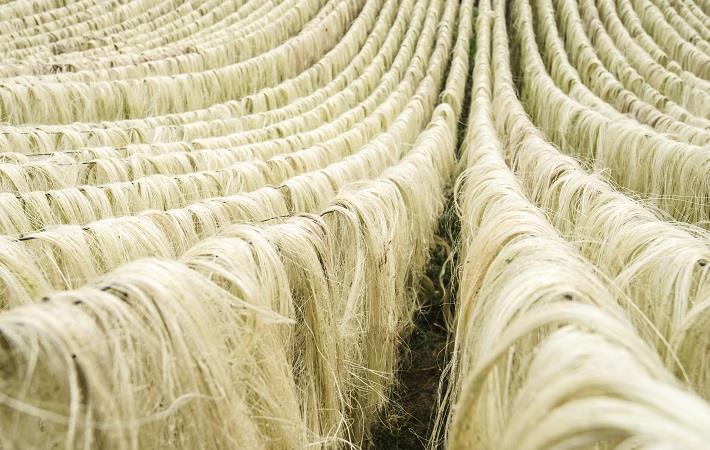Bangladesh’s resolution titled ‘Natural Plant Fibres and Sustainable Development’ was recently adopted by consensus in the plenary of the second committee of the 74th session of the UN General Assembly (UNGA). The resolution was tabled in September in this committee and adopted last week, according to the Bangladesh Mission at the United Nations.
Te Permanent Mission of Bangladesh could achieve consensus of all UN member states for this resolution after several rounds of negotiations, according to a Bangla news agency report.Bangladesh's resolution titled 'Natural Plant Fibres and Sustainable Development' was recently adopted by consensus in the plenary of the second committee of the 74th session of the UN General Assembly (UNGA). The resolution was tabled in September in this committee and adopted last week, according to the Bangladesh Mission at the United Nations. #
Sixty eight countries, including India, China, Russia, Ireland, Canada, Indonesia, Singapore, Turkey, Egypt and Nigeria, co-sponsored the resolution.
This is the first resolution at the UNGA that features the challenges as well as the potential of jute and other natural plant fibres as economically viable, socially beneficial and environmentally sustainable agricultural products.
The resolution focuses on jute, abaca, coir, kenaf, sisal, hemp and ramie, and reiterates that the promotion of these fibres would contribute to the achievement of the sustainable development goals (SDGs).
The resolution will help address environmental degradation and climate change issues by creating awareness globally of the disadvantages of artificial fibres, an official release said.
Fibre2Fashion News Desk (DS)
